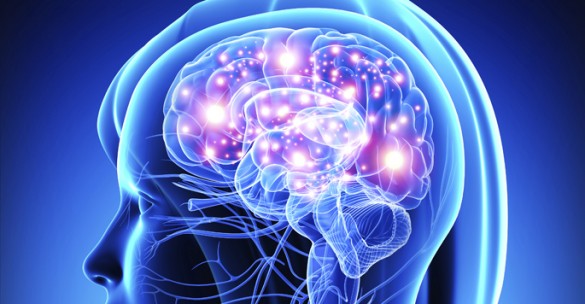Executive cognitive functions — abilities that include working memory and underlie mental control and self-regulation — are impaired in schizophrenia. Current pharmacological and behavioral interventions have only modest pro-cognitive effects.
In studies of individuals with schizophrenia and healthy participants, Neil Woodward, PhD, and colleagues tested executive functions and used imaging (diffusion-weighted MRI) to quantify connections between brain regions that support executive functions.
They report in the March 15 issue of Biological Psychiatry that connectivity between the prefrontal cortex and the thalamus is reduced in schizophrenia. The reduced connectivity correlated with impaired working memory but not with other executive functions (cognitive flexibility and inhibition). They also found increased connectivity between the thalamus and the somatosensory and occipital cortices in schizophrenia.
The findings are consistent with other studies that implicate disrupted prefrontal cortex-thalamic function in the pathophysiology of schizophrenia, and they suggest that the connection between these brain regions may be an important target for pro-cognitive interventions.
This research was supported by the National Institutes of Health (grants MH102266, RR024975).
Send suggestions for articles to highlight in Aliquots and any other feedback about the column to aliquots@vanderbilt.edu















